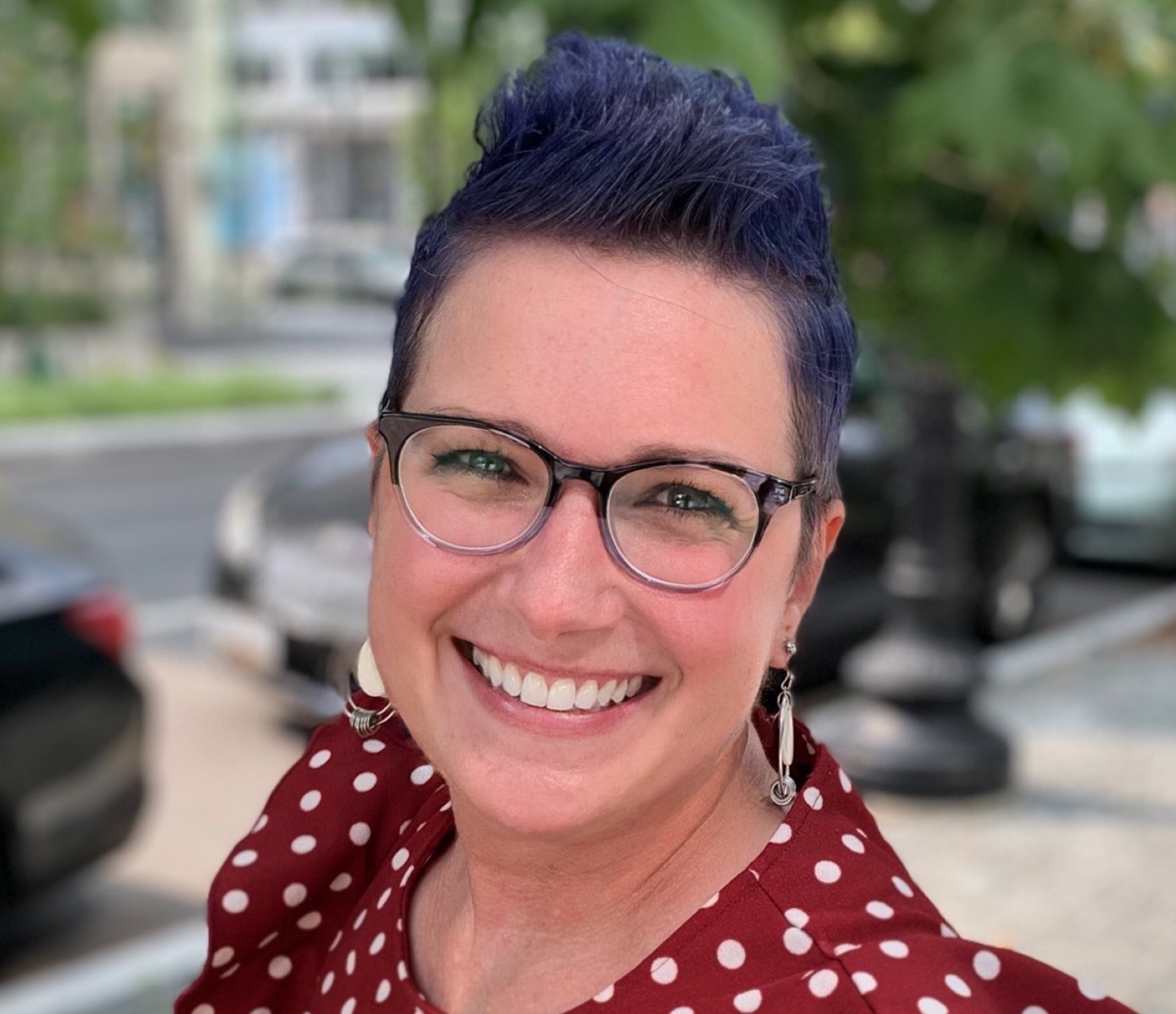Quantile Health Wants to Help Self-Insured Plans Access CGTs
-
Oct 03, 2024
Most industry experts would agree that paying for costly cell and gene therapies (CGTs) is one of the top issues facing payers. And with more than 4,000 gene, cell and RNA therapies in the pipeline, the issue isn’t disappearing any time soon. One relatively new company is taking a slightly different approach to tackling the issue.
Quantile Health is focused on increasing patient access to CGTs, explained Yutong Sun, co-founder and CEO, during AHIP’s 2024 Medicare, Medicaid, Duals & Commercial Markets Forum, held earlier this year in Baltimore. As almost one-third of self-insured plans have dropped their coverage of gene therapies, the company is focused on this sector of the health care marketplace, which faces “quite different challenges” than other entities, she said. While CGTs may be “a drop in the bucket” for major national plans with annual budgets of a few billion dollars, one CGT could represent half of the annual budget for a self-insured plan with 100 to 500 employees.
“No good solution to manage costs” of CGTs exists, Sun contended. “We think there is a better way to think about risk.…Why not shift it to manufacturers” of the agents? Payers can directly enter value-based agreements with manufacturers, which could absorb the risks around efficacy and budgeting, she explained. “In a way, we’re creating a single payer system.”
And while employers often express concerns about paying for treatments for employees who may change jobs, “if you’re a manufacturer, you couldn’t care less where a patient works.”
AIS Health, a division of MMIT, spoke with Sun to learn more about the company. (Editor’s note: This interview has been edited for length and clarity.)
AIS Health: What was the motivation behind Quantile Health?
Sun: Gene therapies are revolutionizing the lives of patients and families affected by rare diseases. These treatments offer the extraordinary possibility of not only managing but potentially curing conditions that were once deemed untreatable. However, the high costs and rarity of these therapies pose substantial challenges for smaller insurers and self-insured employers. We are seeing a growing number of smaller self-insured employers dropping gene therapy coverage, creating barriers for patients.
Our subscription-based access model offers an affordable solution for smaller employers to cover gene therapy and help close this gap in patient access.
AIS Health: Could you talk about the backgrounds of your founding team?
Sun: Our founding team at Quantile Health includes Andrew Lo, Ph.D., from MIT; Peter Hancock, former CEO of AIG; and Yutong Sun, former lead data scientist at Oscar Health. Together, we use our financial engineering, insurance and health care data science expertise to develop a unique risk-transfer platform that expands patient access to gene therapies and addresses financial challenges for payers and drug manufacturers.
AIS Health: What challenges do self-insured plans face that are different from those of other entities with respect to gene therapies?
Sun: Due to their high cost, self-insured plans face unique challenges regarding gene therapy coverage. While large health plans can absorb these costs through the traditional fee-for-service model, small plans, such as self-insured employers, cannot. With over 120 million Americans covered under self-insured plans, this financial risk has led to nearly a third of these plans dropping coverage for gene therapies. This problem will worsen as more gene therapies are approved.
AIS Health: How does Quantile Health’s solution work?
Sun: We’ve created a platform that lets payers and employers directly subscribe to gene therapy treatments from manufacturers. Instead of paying per treatment, they pay a fixed cost based on their population's risk, avoiding catastrophic financial risks.
For example, instead of paying over $3 million for a single patient's gene therapy, a self-insured employer could subscribe all employees for less than $1,000 a year. This way, gene therapy manufacturers get more coverage, payers reduce costs, and patients access lifesaving treatments.
AIS Health: Why do you think that Quantile Health’s approach is a better solution than others in the marketplace?
Sun: Reinsurance is currently used to mitigate financial risks, but it’s not a sustainable solution for gene therapies due to their exceptionally high costs. Traditional reinsurance models often struggle with the scale and unpredictability of gene therapy costs, leading to significant gaps in coverage and financial strain.
AIS Health: Have you entered into any agreements with employers or manufacturers yet?
Sun: Yes, we have agreements with employers and manufacturers.
AIS Health: I saw that you are launching a pilot in September. Could you talk about that?
Sun: We are still waiting for approvals on the joint release from our partners. We will share with you once these are announced.
This article was reprinted from AIS Health’s monthly publication Radar on Specialty Pharmacy.
© 2026 MMIT









